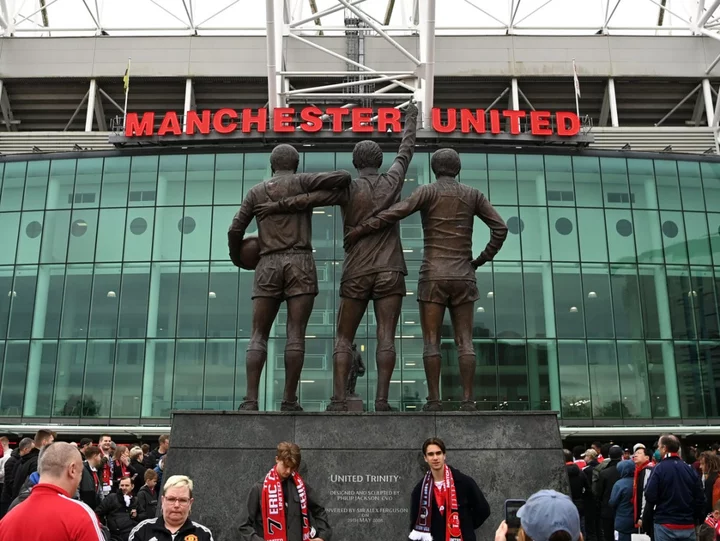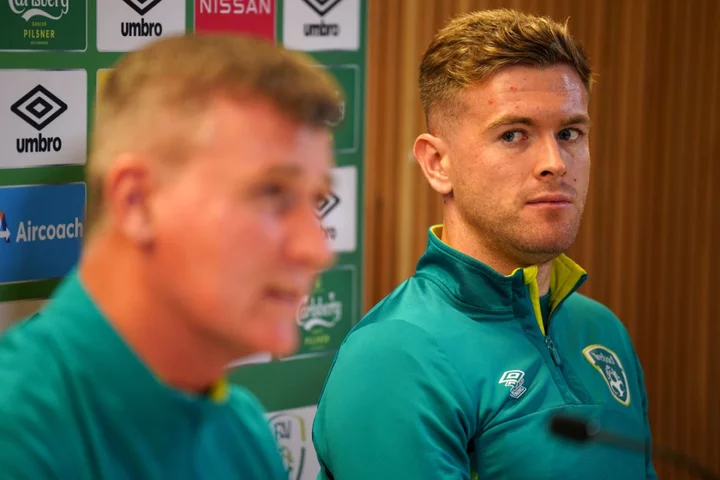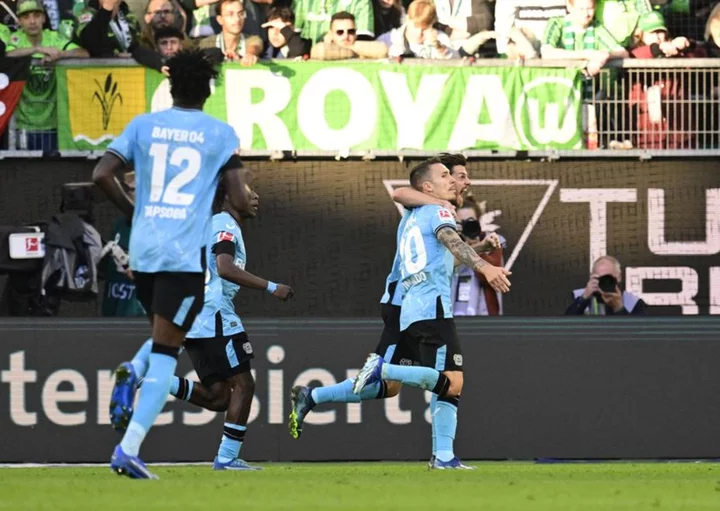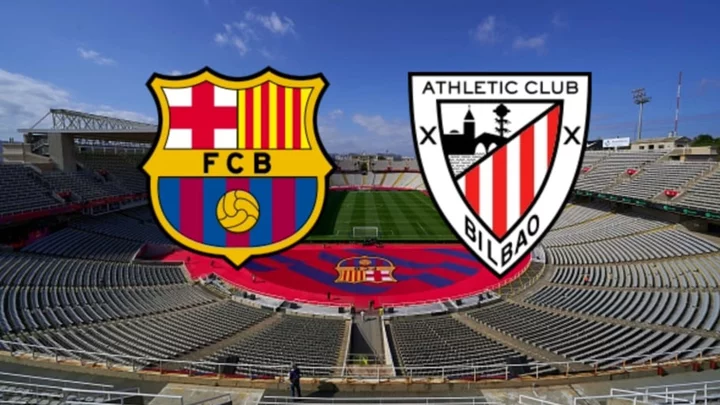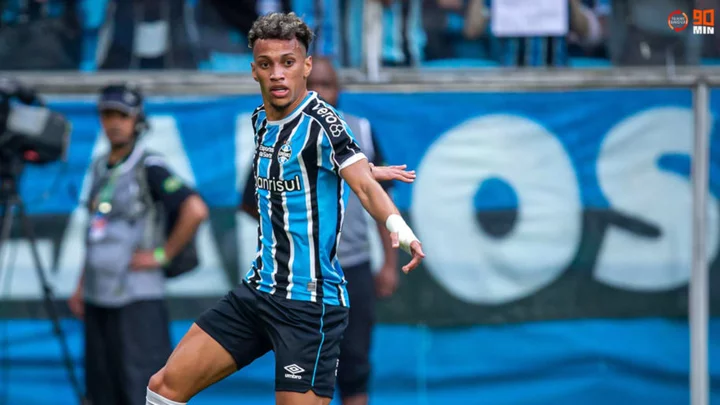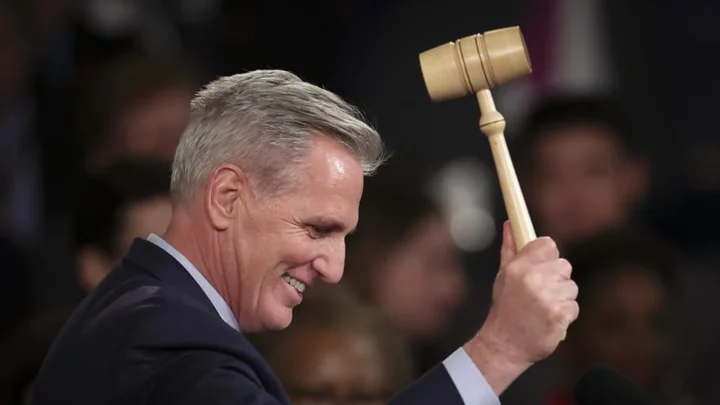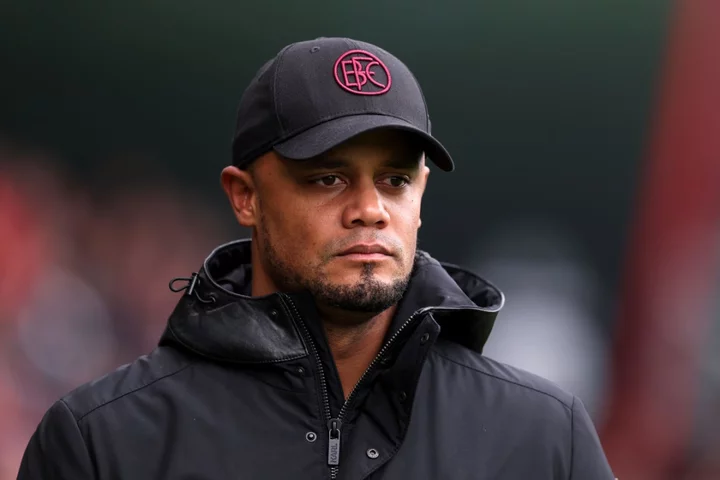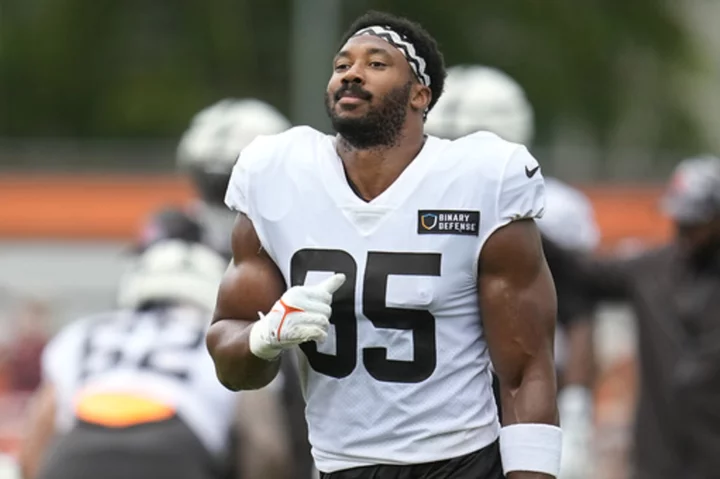Raine have continued talks with all bidders for Manchester United this week, as the prospective sale of the club enters its protracted final stages. Buyers have been reluctant to give a timescale on when they expect the process to be completed, as so many superficial deadlines have already passed.
While most of the focus has been on Sir Jim Ratcliffe and Qatar’s Sheikh Jassim-fronted bid, those bidding for a minority are still in the race. Most notably, no party currently see themselves as out of it, even though the general feeling has been we are approaching the time when the Glazers are moving to “complete”.
This confidence is most conspicuous with Qatar, given their camp didn't have that feeling two weeks ago. There was a widespread belief they were out of the race. The so-called “final take-it-or-leave-it” offer changed some thinking, and improved discussion. It is understood that offer is still of a lower overall value than that of INEOS, but the very fact that Qatar upped it at all is viewed as a strategic success for the Glazers.
The involvement of Paris Saint-Germain’s Nasser Al Kehlaifi is also instructive, as it displays the Glazers’ intent to get Qatar to up the price.
There is a view within industry circles that the United owners have long seen Ratcliffe as a “stalking horse” and that, if they are to actually sell, the intention has been to just gradually move Qatar up to the £6bn valuation. While Ratcliffe has made his valuation clear and can't really go past a certain point, after all, the Glazers are naturally conscious of Qatar's ultimately limitless wealth. It has ensured the process has become "a game", in the words of many sources.
It is also why Qatar increasing their offer after the supposed last deadline is seen as a minor strategic victory for the Glazers. At the same time, there remains optimism within the INEOS camp, especially given the range of potential options they are giving the family. Avram and Joel Glazer, who are most attached to the club, could yet stay on.
Chris Davidson, an academic expert on the Gulf who is a fellow at Durham University, believes the entire Qatar bid is a highly-calibrated approach that has been influenced by the purchase of Harrods in 2010. Now owned by the Qatar Investment Authority, the flagship department store was sold to Qatar Holdings for a reported £1.5bn. Sheikh Jassim’s father, the then Qatari Prime Minister Hamad bin Jassim bin Jaber Al Thani, actually flew to London to finalise the deal with Mohammed Al Fayed.
The senior Jassim said at the time that Harrods would add “much value” to Qatar’s portfolio of investments, especially as a “historical place”, although Davidson points out how the state was derided for overpaying at the time. He believes this has influenced the United takeover process in two ways, both related to the image of the state.
One is over the symbolism of the price. The second is over the idea of giving the impression of some separation, to put more searching questions at a distance.
“They’re just calibrating their bid,” Davidson told The Independent. “They could blow anyone out of the water, but they’re calibrated to always be just a little bit around Ratcliffe.
"It’s a very different approach. I think this is an example of Qatar learning a lesson they found out the hard way on Harrods, where they were repeatedly pilloried for having overpaid. They really wanted Harrods. It’s a particularly glamorous brand for people from the Gulf. The status it has given them among their Gulf rivals – not so much in the UK – is enormous. They were willing to overpay for that. I’m sure they’d be willing to overpay for Man United, too, but I think this was a case of having learned their lesson.”
This then plays into another strategic purpose, which is putting a perceived difference between the bid and the state. It is all the more important given the greater focus on state ownership in sport, especially with Manchester City’s landmark treble victory and Saudi Arabia’s recent escalation in its sporting investments. One of the points that has been made about the Ratcliffe offer is that it would be much quicker and cleaner to do, as there would be no resistance from other clubs, nor human rights-related issues. The Premier League in March updated its Owners and Directors Test to include a new provision based on Global Human Rights Sanctions Regulations in 2020. Qatar has faced huge criticism from groups such as Amnesty and FairSquare, with that debate framing the entire 2022 World Cup.
“By calibrating it, it just allows them to hover under the radar of being so obviously a state-backed entity, “ Davidson explains. “If they said ‘right, we want it’ just as they did with Harrods, and did a bid that blew everyone out of the water, it would be pilloried for being an uncompetitive offer that reflects badly on Qatar. It’s an ongoing calibration as far as I can see… enough to win the bid without attracting too much negative attention or too much attention it is ultimately state wealth.
“If they calibrate their offer, one of the talking points becomes that it essentially can’t be state backing. Otherwise they’d throw even more of it. It’s clearly a stalking point bidding process.”
INEOS are optimistic that is not the case and they have a real chance. Much will depend on how greatly the Glazers actually want to sell, which has remained a huge question throughout all of this.
There remains a belief within the club itself that the Glazers’ preference is to just raise enough investment to redevelop Old Trafford but retain control. It is the poor state of the ground that has actually brought them to this point, after all, as it has started to affect revenue. Many in United’s hierarchy have taken note of just how impressive the new Tottenham Hotspur Stadium is, and what a revenue-machine it is for the London club. The current Old Trafford can’t offer that, and it was symbolic that it has been passed over for the Euro 2028 plans.
That awareness runs alongside a persistent belief at the top of the game that elite clubs will see their value greatly rise in the years to come, particularly with the evolution of telecommunications and virtual reality technology. One industry source says that the new Chelsea owners were so keen to invest in the club – even for the much-pilloried £600m this season – because they believe they have bought an asset that could soon be worth £9bn for £2.5bn.
The Glazers are conscious of this, too. While there had previously been a belief that the market for clubs had bottomed out, and that a sale now could offer a remarkable sum for each of the six siblings, there is also the view that this could just be a bad time to sell. They may miss out on huge future earnings.
While this has been discussed among the Glazers, though, nobody really knows what they are thinking. That is especially true of the bidders now, since multiple sources maintain “you never know where you are in the race”.
All of this will only become apparent whenever it ends, which is right now as much of an unknown. The hope is it’s this week, but that’s been said before, through multiple weeks.
Read MoreSheikh Jassim bid still on table as Manchester United takeover tests patience
The year that sportswashing won: A season that changed football forever
FA Cup final reveals key summer questions for Manchester United
Football rumours: Arsenal closing in on Declan Rice for club-record fee
Michael O’Neill expects Ethan Galbraith to flourish after Manchester United exit
Manchester City’s treble winners arguably greatest ever English team – Joe Royle

